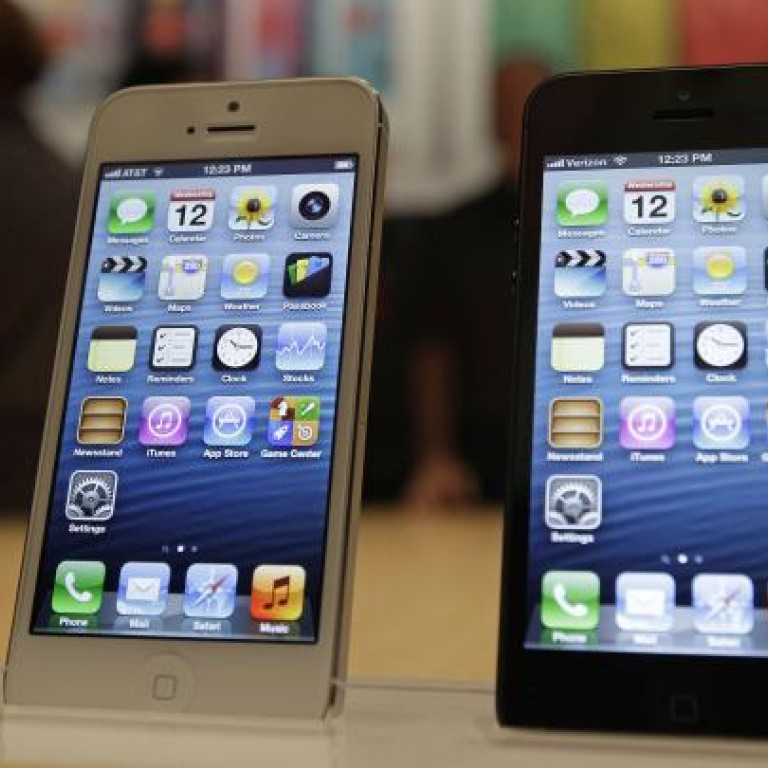
Unicom, China Telecom in iPhone race
China Telecom may beat Unicom in offering the iPhone 5 first in China, though it won't really matter since the product has already been available globally for more than two months.
Put simply, the iPhone 5 has now been available for two months in most of the world, meaning anyone in China who really wants one has probably already bought it on the gray market. What's more, buzz about this latest iPhone has been much more muted than previous launches, probably because the newest model is relatively similar to the previous iPhone 4 and 4S. All that means that the new iPhone is likely to generate little or no buzz when it finally makes its long-delayed launch in China, regardless of whether Unicom and China Telecom offers it first.
Media reports have said all along that the big reason for the delay is China's massive bureaucracy, which requires approval from several government agencies before any new mobile phone can be offered on the nation's telecoms networks. In this case, the telecoms regulator is being cited as the biggest obstacle, and still has yet to approve the iPhone's use.
Regardless of the behind-the-scenes situation, the end result is the same. We won't be seeing China Telecom or Unicom offering the iPhone 5 until mid December at the earliest, and I wouldn't be surprised at all if it isn't available until 2013. While China Telecom seems to be a bit more aggressive and could ultimately offer the product first, at the end of the day this launch is already so late that it probably won't really matter if it beats out Unicom by a week or two. That could be good news for the few remaining Apple fans who haven't bought an iPhone yet, as I suspect we'll see few or no lines outside Apple stores when the iPhone 5 finally comes to China.
Bottom line: China Telecom may beat Unicom in offering the iPhone 5 first in China, though it won't really matter since the product has already been available globally for more than two months.

